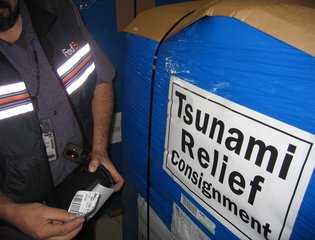Download the report
Summary
Effective communication of critical lessons is essential to improve response to crises. This paper identifies what we know about how the sector communicates what it has learned to improve policy and practice. Humanitarians produce a wealth of research and knowledge. There is, however, little evidence on how to best communicate this knowledge to maximise its impact.
This scoping paper is aimed at producers and communicators of humanitarian knowledge. It provides a brief overview of core concepts and existing literature related to communicating humanitarian learning.
It identifies five useful findings:
- Change is complex: it takes time and often does not succeed.
- Documented evidence is a small contributor to change.
- Humanitarians prefer tacit, networked knowledge over documentation.
- Humanitarians access knowledge that is immediately relevant.
- National actors are not sufficiently included.
The paper also outlines what the literature tells us about humanitarian preferences for how to communicate learning. It concludes by finding that those aiming to share documented learning to improve policy and practice are operating without a solid evidence base to guide them, and proposes a future research agenda to fill these evidence gaps.
- Publication language: English
- Pages: 24pp
- Suggested citation: Lavey, J-H. (2022) Communicating humanitarian learning: what do we know?. London: ALNAP.

